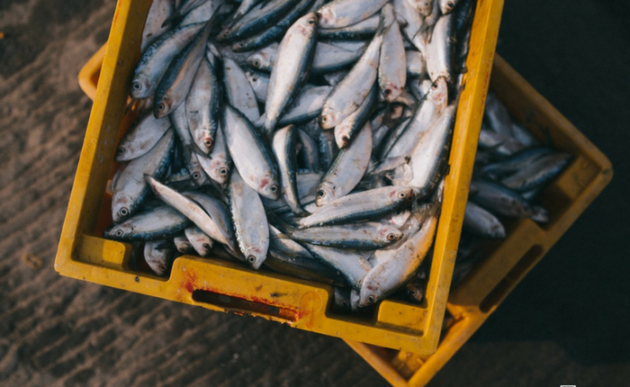The Federal Government has expressed concerns over Nigeria’s fish import bill, which stands at 2.4 million metric tonnes per year, draining the country’s foreign exchange reserves.
In the first nine months of last year, fish imports cost N138 billion.
To address this, the government is launching initiatives to increase local capacity. The initiatives include locally-designed technologies; storage facilities and inclusion of women and youths in production.
Wellington Omoragbon, Director of the Department of Fisheries, Ministry of Marine and Blue Economy, speaking on Monday during a courtesy visit by the National Working Group on Gender and Blue Economy, stated that the government will tackle challenges facing fishery and aquaculture, including dredging activities.
Omoragbon emphasised the need for state and local governments to prioritise fisheries projects, particularly in supporting women and youth, who make up 70% of the population but lack necessary support in the fishing industry.
He highlighted the need for market and technology development to reduce reliance on fish imports.
The government plans to intervene in the fishing sector, signing an MoU with the Ministry of Water Resources to utilise the country’s water bodies for fishing.
Omoragbon acknowledged the skill gap in the sector and called for a need assessment to identify targeted issues across fishing communities.
The Gender and Blue Economy Working Group urged the government to include them in planning, emphasising the importance of gender-friendly policies, capacity development, training, research,and data.
